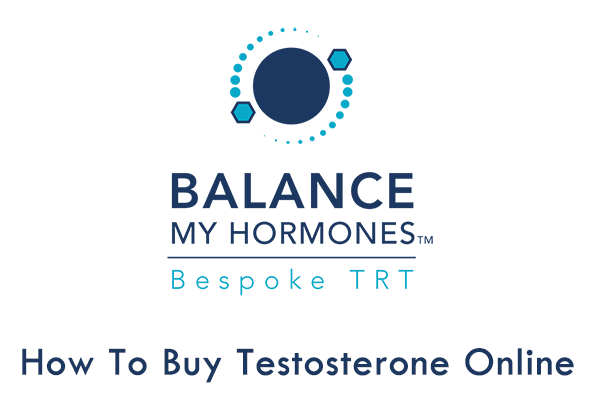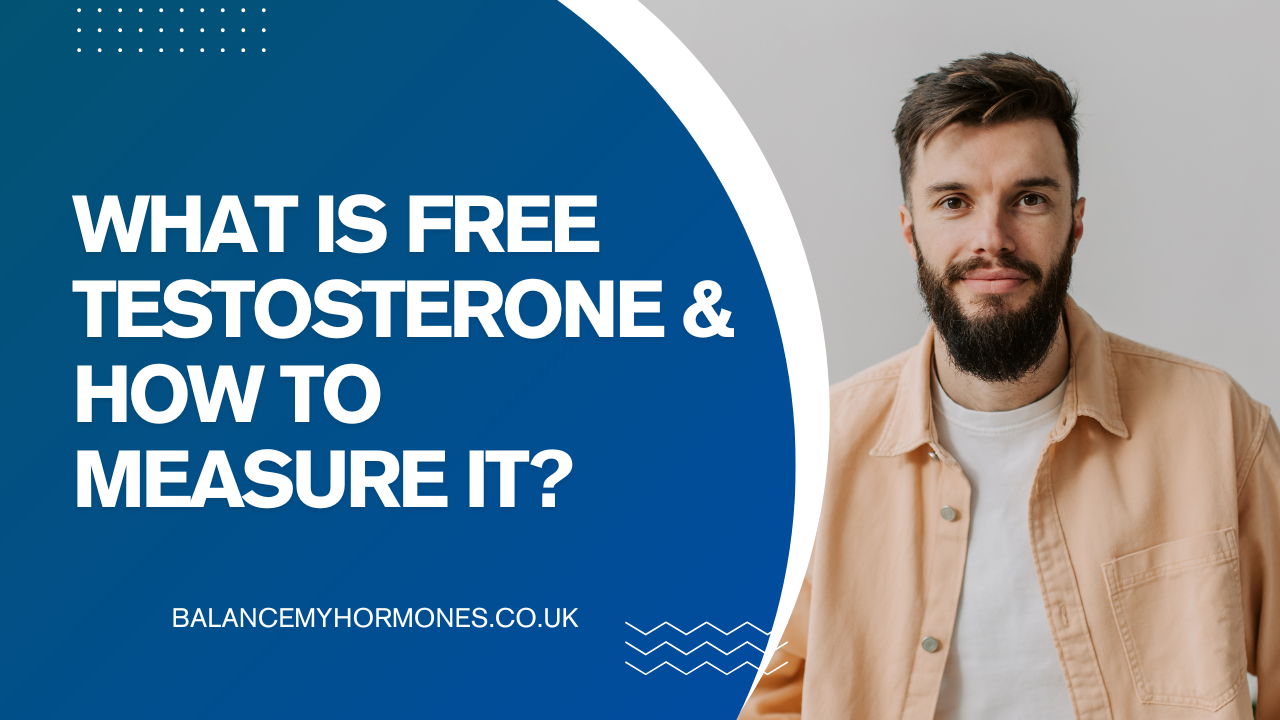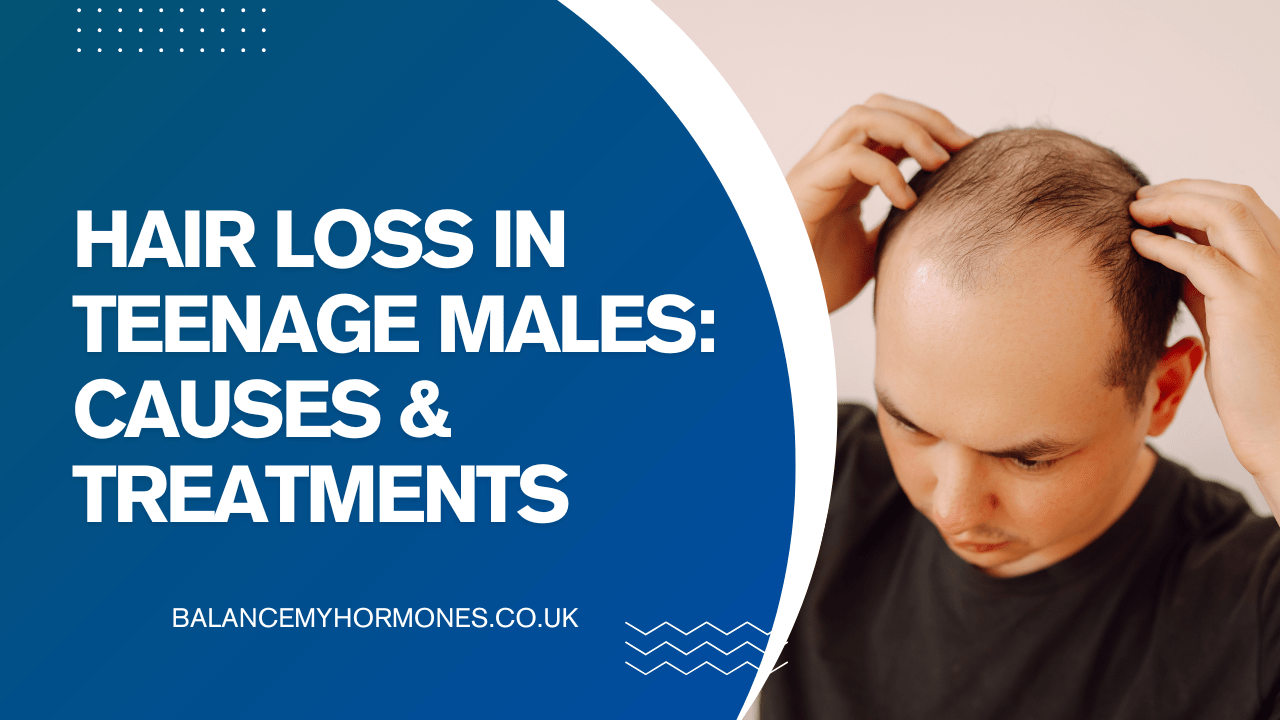
By Mike Kocsis | 7 minutes read | Last updated: May 28, 2025 Categories: Testosterone
Medically Reviewed by Dr. George Touliatos
Testosterone Replacement Therapy (TRT) is a popular treatment for men dealing with low testosterone levels, offering relief from common symptoms such as fatigue, low libido, and mood changes.
While many individuals see significant improvements, a common question arises: can you stop TRT once you’ve started? This article explores the potential impacts of stopping TRT, including emotional, physical, and mental effects, and highlights the factors to consider when deciding whether to continue or discontinue therapy.
Stopping TRT: Why would you?
When to Stop Testosterone Replacement Therapy (TRT)?
Testosterone replacement therapy (TRT) can be life-changing for individuals with low T. However, there are circumstances where you might want to stop your testosterone treatment. Whether due to side effects, lack of effectiveness, or personal choice, here are some key reasons why someone might stop TRT.
You experience unwanted side effects
While many people tolerate testosterone replacement therapy well, some may experience side effects that outweigh the benefits. These can include acne, fluid retention, increased red blood cell count (polycythemia), or mood swings. In most cases, adjusting the dosage or switching the type of testosterone can help, but if the side effects persist or remain unmanageable, stopping TRT may be necessary.
The Therapy Isn’t Improving Your Symptoms
Not everyone responds to TRT in the same way. Your doctor will conduct regular blood tests to make sure your treatment is working. If after several months of treatment, you aren’t seeing improvements in your testosterone levels or other key symptoms, it may be a sign that TRT isn’t the right solution for you. Your doctor may explore other potential causes of your symptoms, such as thyroid issues, sleep disorders, or nutritional deficiencies, before discontinuing treatment.
You Develop a Health Condition That Makes TRT Unsafe
Certain medical conditions may make TRT riskier to continue. For example, individuals who develop severe heart disease, prostate cancer, uncontrolled high blood pressure, or blood clotting disorders may be advised to stop treatment due to the potential risks of increased cardiovascular strain or excessive red blood cell production. If TRT is exacerbating a preexisting condition, your doctor may recommend discontinuation or alternative treatment options.
You Decide You Don’t Want to Be Treated Anymore
Ultimately, some people may choose to stop TRT for personal reasons. This could be due to concerns about long-term dependence, the inconvenience of ongoing injections or treatments, or simply a shift in priorities. It’s important to understand that stopping TRT can lead to a return of low testosterone symptoms, so discussing a plan with your doctor to taper off safely and manage potential withdrawal effects is crucial.
Can You Safely Come Off TRT?
While it is possible to come off Testosterone Replacement Therapy (TRT), doing so should be approached with caution and under medical supervision.
How to Stop TRT?
The safest way to discontinue TRT is through a gradual tapering process guided by a healthcare provider. This involves slowly reducing your testosterone dosage over time rather than stopping suddenly. Some men may also benefit from medications like clomiphene citrate or hCG (human chorionic gonadotropin) to help stimulate natural testosterone production.
Additionally, focusing on lifestyle factors such as diet, exercise, sleep, and stress management can support hormonal balance during the transition. However, it’s important to note that for many men, natural testosterone production may not fully recover, and symptoms of low testosterone may return, making TRT a lifelong commitment for optimal well-being.
If you’re considering stopping TRT, always consult with a healthcare professional to ensure a safe and well-managed transition.
What Happens When You Stop TRT?
When you stop Testosterone Replacement Therapy (TRT), your body’s testosterone levels will gradually drop back to what they were before treatment, often leading to the return of symptoms such as fatigue, low libido, mood swings, and muscle loss. Many men experience withdrawal-like effects, including decreased energy, brain fog, and even depressive symptoms.
Research has shown that stopping TRT abruptly may result in symptoms like fatigue and loss of libido, as well as increased levels of estrogen (due to the body’s inability to balance testosterone production).
A study published in The Journal of Clinical Endocrinology & Metabolism found that men who discontinued TRT often experienced a significant drop in testosterone levels within weeks, resulting in a resurgence of low testosterone symptoms.
Stopping TRT is not recommended unless necessary, as maintaining optimal testosterone levels is key for long-term health and well-being. If you’re considering stopping, it’s important to consult with a medical professional to discuss the potential effects and alternative options.
How Stopping TRT Affects Your Body
Stopping Testosterone Replacement Therapy can lead to a decline in overall well-being as your body adjusts to lower testosterone levels. Since testosterone plays a vital role in multiple bodily functions, stopping treatment can cause noticeable changes in different areas of health:
Emotional Effects:
- Increased irritability and mood swings
- Feelings of depression or anxiety
- Decreased motivation and confidence
Physical Effects:
- Fatigue and reduced energy levels
- Loss of muscle mass and strength
- Increased body fat
- Reduced libido and potential erectile dysfunction
- Reduced facial and body hair
Mental Effects:
- Brain fog and difficulty concentrating
- Memory issues and cognitive decline
- Decreased ability to handle stress
Managing Withdrawal Symptoms After Stopping TRT
There are a number of lifestyle changes you can make to help ease your transition into natural hormone production. Prioritising a nutrient-dense diet, strength training, and adequate sleep can support hormonal balance, while stress management techniques such as meditation or breathwork may help regulate mood swings. Some individuals benefit from supplementation with vitamin D, zinc, and magnesium, which are essential for testosterone production.
Additionally, medical professionals may recommend Post-Cycle Therapy (PCT) to stimulate the body’s natural testosterone production and reduce the severity of withdrawal symptoms. Regular hormone level monitoring and consulting a healthcare provider can ensure the safest and most effective approach to managing this transition.
Is It Possible to Restart Natural Testosterone Production?
In some cases, it is possible to restart natural testosterone production after stopping Testosterone Replacement Therapy, but the success largely depends on factors such as age, duration of TRT use, and underlying health conditions.
When exogenous testosterone is introduced into the body, natural production slows down or stops due to the suppression of the hypothalamic-pituitary-gonadal (HPG) axis. Some men may recover their natural levels over time, but for others, particularly those with pre-existing testosterone deficiencies, production may remain low. As mentioned above, Post-Cycle Therapy (PCT) using medications like Clomid or hCG is sometimes recommended to stimulate the body’s natural hormone production and ease the transition.
Testosterone Therapy: Temporary or Lifelong Commitment
For most men, Testosterone Replacement Therapy is a lifelong commitment rather than a temporary solution. While some may wonder if they can stop treatment once they start feeling better, the reality is that TRT works by maintaining optimal hormone levels to support overall health and well-being. Consistently balanced testosterone levels contribute to increased energy, improved mood, enhanced cognitive function, and better muscle maintenance, all of which can decline if therapy is discontinued. Additionally, TRT plays a crucial role in long-term metabolic health, cardiovascular function, and bone density, reducing the risk of age-related complications associated with low testosterone.
Rather than being viewed as a short-term fix, TRT should be considered a proactive approach to sustaining vitality and quality of life as men age. Under the supervision of a healthcare provider, it is a safe and effective way to manage low testosterone and its associated symptoms for the long haul.
To Takeaway
In conclusion, while Testosterone Replacement Therapy can greatly improve the quality of life for men with low testosterone, it is typically a lifelong commitment for maintaining overall well-being. Stopping TRT can lead to the return of undesirable symptoms, and managing this transition should be done carefully under medical supervision. If you’re considering starting or stopping TRT, it’s essential to consult with a healthcare provider to ensure a safe and informed decision. For more information on TRT and how it can support your health, get in touch with Balance My Hormones today.
Scientific studies/bibliography/Citations/references/Further reading
Peter J. Snyder. Effects of Testosterone Replacement in Hypogonadal Men, The Journal of Clinical Endocrinology & Metabolism, Volume 85, Issue 8, 1 August 2000, Pages 2670–2677
Evidence Based Research
This article has been researched and written based on scientific evidence and fact sheets that have then been crossed checked by our team of doctors and subject matter experts.
References, sources and studies used alongside our own in-house research have been cited below, most of which contain external clickable links to reviewed scientific paper that contain date stamped evidence.
Our team of healthcare experts and GMC registered doctors are licensed to UK GMC standards. We strive to provide you with the latest evidence based, researched articles that are unbiased, honest and provide you with accurate insights, statistics and helpful information on the discussed topic to ensure you gain a better understanding of the subject. You can read more about our Editorial Process by clicking here.
We value your feedback on our articles, if you have a well-researched paper you would like to share with us please contact us.
Quick Low Testosterone Test
If you know your total testosterone reading from a previous blood test input the results to the left above to see if your testosterone levels are normal.
Low Testosterone Levels
You may have low testosterone depending on the symptoms you have, please contact us to find out how we can help.
Please Retry
The Total Testosterone Level You Entered Is Incorrect. Figure Must be in nmol/L you can use our converter here.
Normal Testosterone Levels
Your testosterone levels appear to be in the normal range.
LOOKING GOOD!
You must be over 38, have had your ovaries removed or have suffered with premature menopause to warrant further hormone tests.
Further investigation needed
Please contact us to discuss your hormones, we need your total testosterone levels to validate your hormone deficiency. You can order a blood test here.
Low Testosterone Levels
You may have low testosterone depending on the symptoms you have, please contact us to find out how we can help.
High Testosterone Levels
You appear to have higher than normal testosterone levels, please contact us for further investigation.
Normal Testosterone Levels
You appear to have normal testosterone levels. Contact us if you have any concerns.




 Mike Kocsis has an MBA with a focus on healthcare administration and is an entrepreneur and medical case manager for Balance My Hormones which offers medical services in the UK and Europe. Mike has over 25 years of experience in the healthcare sector, much of that working with people who have hormone imbalances. Mike has appeared on
Mike Kocsis has an MBA with a focus on healthcare administration and is an entrepreneur and medical case manager for Balance My Hormones which offers medical services in the UK and Europe. Mike has over 25 years of experience in the healthcare sector, much of that working with people who have hormone imbalances. Mike has appeared on 

